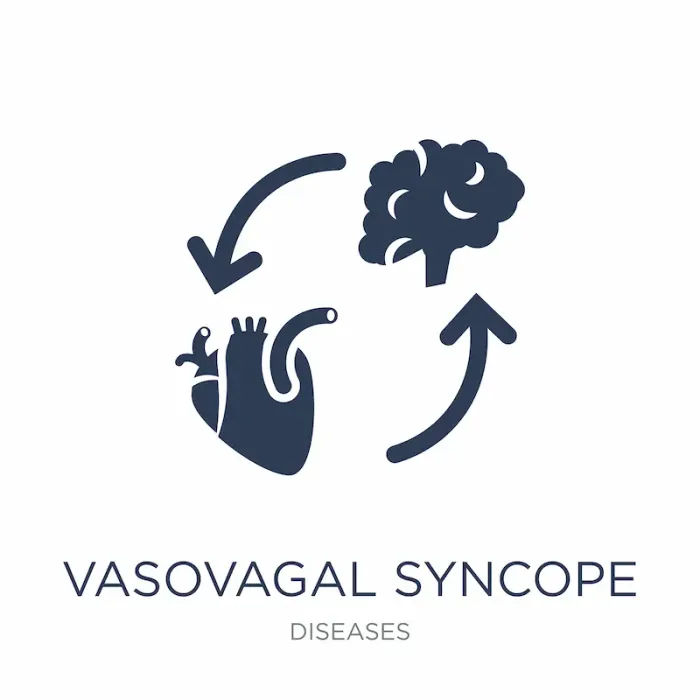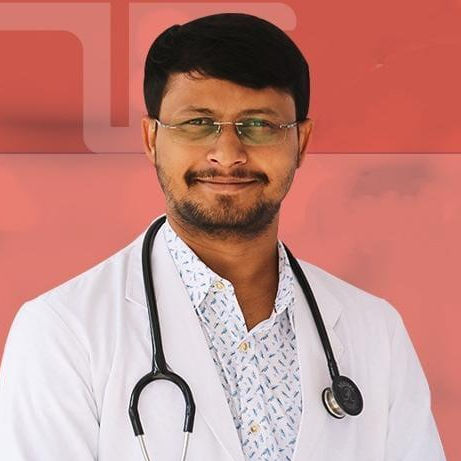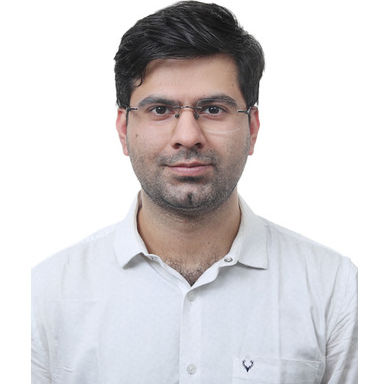Vasovagal Syncope Overview and Management
Know about the vasovagal syncope, what it is, common symptoms, how it affects your health, what its triggers are and management of vasovagal syncope.

Written by Dr. J T Hema Pratima
Reviewed by Dr. D Bhanu Prakash MBBS, AFIH, Advanced certificate in critical care medicine, Fellowship in critical care medicine
Last updated on 2nd Sep, 2025

Introduction
Fainting, or passing out, can be a scary experience both for the person who faints and those around them. One common cause of fainting is vasovagal syncope, a condition that affects many people at some point in their lives. If you or someone you know has experienced sudden fainting spells, this article will help you understand what vasovagal syncope is, why it happens, and how to manage it effectively.
What is Vasovagal Syncope?
Vasovagal syncope (also called neurocardiogenic syncope) is a sudden, temporary loss of consciousness caused by a drop in heart rate and blood pressure. This happens when the vagus nerve, which helps regulate heart rate and blood pressure, overreacts to certain triggers. As a result, blood flow to the brain decreases, leading to fainting.
While vasovagal syncope is usually harmless, it can be concerning, especially if it happens frequently or leads to injuries from falls.
Consult a Neurologist for Personalised Advice
Common Symptoms
Before fainting, many people experience warning signs, such as:
• Lightheadedness or dizziness
• Nausea
• Sweating or clammy skin
• Blurred or tunnel vision
• Ringing in the ears
• Feeling unusually warm or cold
• Pale skin
These symptoms usually last a few seconds to minutes before the person faints. After regaining consciousness, they may feel weak or confused for a short time.
What Triggers Vasovagal Syncope?
Several common triggers can lead to a vasovagal episode, including:
• Prolonged standing (especially in hot or crowded places)
• Emotional stress (fear, anxiety, or extreme distress)
• Pain (such as during blood tests or injections)
• Dehydration or skipping meals
• Sudden changes in posture (standing up too quickly)
• Straining (during bowel movements or heavy lifting)
How Does It Affect Health?
Most of the time, vasovagal syncope is not dangerous. However, frequent episodes can:
• Increase the risk of falls and injuries
• Causes anxiety about future fainting spells
• Affect daily activities if not managed properly
In rare cases, fainting may indicate an underlying heart condition. If you experience fainting without warning signs, chest pain, or irregular heartbeats, consult a doctor immediately.
Managing Vasovagal Syncope
While vasovagal syncope cannot always be prevented, certain lifestyle changes can help reduce episodes:
1. Stay Hydrated
• Drink plenty of water (at least 2-3 litres daily).
• Increase salt intake slightly (if advised by a doctor) to help maintain blood pressure.
2. Avoid Triggers
• If standing for long periods is unavoidable, shift your weight or move your legs to improve circulation.
• Sit or lie down at the first sign of dizziness.
3. Eat Regularly
• Avoid skipping meals to prevent low blood sugar.
• Small, frequent meals may help stabilise blood pressure.
4. Practice Counterpressure Manoeuvres
• If you feel faint, try crossing your legs and tensing your muscles or squeezing a stress ball to help maintain blood flow to the brain.
5. Gradual Posture Changes
• Stand up slowly from sitting or lying down to prevent sudden drops in blood pressure.
6. Wear Compression Stockings
• These can help improve blood circulation in the legs and reduce fainting episodes.
When to See a Doctor?
While vasovagal syncope is usually harmless, consult a doctor if:
• Fainting happens frequently without a clear trigger
• You experience chest pain, palpitations, or seizures
• You injure yourself during a fainting episode
• There’s a family history of heart-related fainting
Your doctor may recommend tests like an ECG, tilt-table test, or Holter monitor to rule out other conditions.
Final Thoughts
Vasovagal syncope can be unsettling, but with the right precautions, most people can manage it effectively. Staying hydrated, recognising warning signs, and making simple lifestyle adjustments can make a big difference.
Consult a Neurologist for Personalised Advice
Consult a Neurologist for Personalised Advice

Dr. Amit Kapoor
Neurosurgeon
18 Years • D.N.B NeuroSurg.
Delhi
Apollo Hospitals Indraprastha, Delhi
Dr. Aleti Venkat Reddy
Neurologist
14 Years • MBBS, MD (GEN MEDICINE), DM NEUROLOGY, FEAN
Secunderabad
Apollo Hospitals Secunderabad, Secunderabad
Dr. Lakshaman K
Neurologist
19 Years • MBBS,MS General Medicine,MCH Neurosurgery
Bengaluru
R V speciality Clinic, Bengaluru

Dr. Ganeshgouda Majigoudra
Neurologist
10 Years • MBBS, MD ( GENERAL MEDICINE) DM (NEUROLOGY)
Bengaluru
Apollo Clinic, JP nagar, Bengaluru

Dr. Sarthak Mehta
Neurologist
6 Years • MBBS , MS Mch ( Neuro )
Bengaluru
Apollo Clinic, JP nagar, Bengaluru
Consult a Neurologist for Personalised Advice

Dr. Amit Kapoor
Neurosurgeon
18 Years • D.N.B NeuroSurg.
Delhi
Apollo Hospitals Indraprastha, Delhi
Dr. Aleti Venkat Reddy
Neurologist
14 Years • MBBS, MD (GEN MEDICINE), DM NEUROLOGY, FEAN
Secunderabad
Apollo Hospitals Secunderabad, Secunderabad
Dr. Lakshaman K
Neurologist
19 Years • MBBS,MS General Medicine,MCH Neurosurgery
Bengaluru
R V speciality Clinic, Bengaluru

Dr. Ganeshgouda Majigoudra
Neurologist
10 Years • MBBS, MD ( GENERAL MEDICINE) DM (NEUROLOGY)
Bengaluru
Apollo Clinic, JP nagar, Bengaluru

Dr. Sarthak Mehta
Neurologist
6 Years • MBBS , MS Mch ( Neuro )
Bengaluru
Apollo Clinic, JP nagar, Bengaluru


